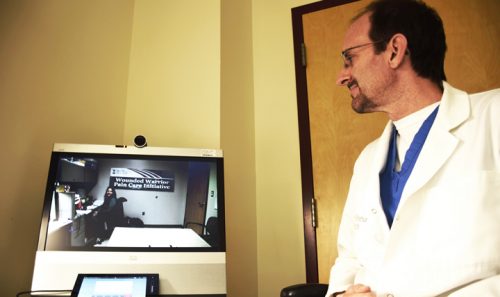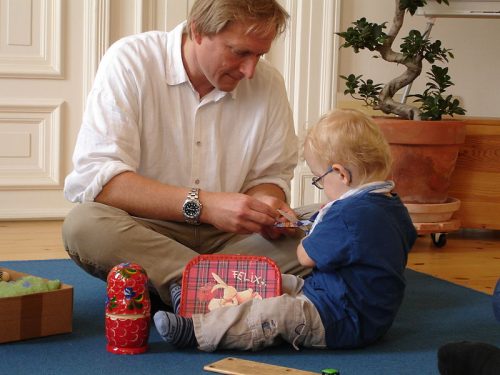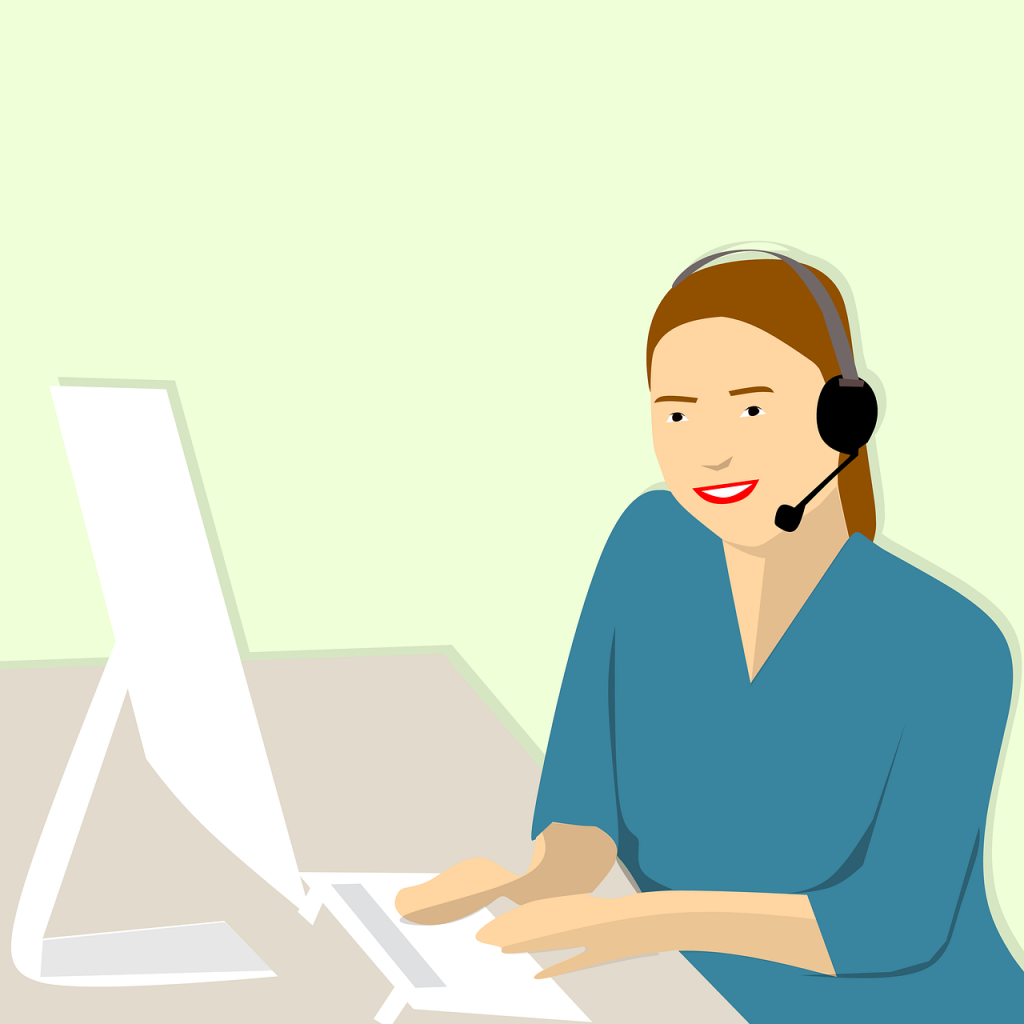
The outbreak of the coronavirus pandemic has resulted in preventive measures to limit the transmission of the disease. In response to this, there has been a shift to the delivery of healthcare around the world. Public health experts are taking steps to provide service remotely to avoid further risks of the virus spreading.
For people who undergo therapy and counseling, there is a growing shift to teletherapy. Through these remote sessions, patients can still receive treatment at the comforts of their home. It is a huge transition in your therapy experience, but this adjustment can be a great help in the unforeseeable future.
As we face an uncertain future with the COVID-19 pandemic, this can be a start of a worthwhile change.
What Is Teletherapy?

“While this can certainly vary depending on geographical location and the diversity of clients seen by a therapist, teletherapy ensures maximal privacy every time,” explains Goali Saedi Bocci, Ph.D. In teletherapy, patients and therapists utilize digital platforms where they are comfortable with. It can be through the format of audio or live video conferencing via Skype or Zoom.
Teletherapy is an effective method, especially for people who are not comfortable talking to their provider face-to-face. It can also reduce the anxiety of needing to go out at this time. Furthermore, patients can vent their worries to their provider, who can then help them develop effective coping tools.
Who Is It For?
Teletherapy offers a beneficial way to receive therapy for a range of people with different circumstances. Depending on your preference, you can undergo one-on-one sessions or join group therapy sessions. This method is helpful for mental health therapy and counseling, as well as speech and occupational therapy.
How Does Online Therapy Work?
Your provider will set a session schedule based on the suitable time that you both agreed on. Patients and health professionals work hand-in-hand in deciding which secure online platform to use. You can interact with each other in the virtual environment in various ways. As with face-to-face therapy, your provider can integrate traditional techniques to execute each session.
Tips For A Successful Transition To Teletherapy

It can be challenging to know where to start with this shift. Thus, it can take some time before you get used to this mode of healthcare. Here are some tips that can ease your transition and make the most out of teletherapy:
- Reserve Space And Time For Sessions
Although this is a flexible mode of therapy, distractions can take away the essence of the session. As much as you can, set space and time to engage with the process fully. It is crucial to have a soothing environment where you can feel safe and comfortable.
- Find The Mode Of Therapy That Works For You
Find a platform that will work for you. You can combine messaging, audio, video, or live conference depending on your preference and circumstances. Depending on what you and your therapy agreed on, you can explore a combination that works for you. Get creative with how you’ll utilize these available tools to make each session engaging.
- Embrace The Awkwardness
Be open to feeling discomfort and awkwardness; don’t take this as a discouragement. It is normal not to feel in-synced with your provider right away. The process can be awkward at first, especially if you’re unfamiliar with communicating virtually. Also, remember that it is a different experience for different people as you use different modes and platforms.
- Name Your Needs
Do not invalidate your response to the situations that are happening around you. For many of us, at this period, we are facing a struggle with meeting our needs physically, emotionally, and mentally. It can lead to a spiral of fearfulness and loneliness. Thus, it is essential to be extra patient on how we are taking care of ourselves at this time.
Remember, your feelings are valid, and it’s never wrong to ask for help from your therapist in organizing your thoughts.
- Be Open To Your Therapist
Be open to your provider about your suggestion in improving the transition. Let them know what you find a challenge and difficulty in doing. Giving them feedback is essential for both of you to figure out what doesn’t work and what needs working on. Keep your communication open and transparent.
Using Teletherapy As A Coping Tool
Virtual therapy can be a powerful tool to alleviate stress and worries in this time of isolation. As we are facing anxiety that is stronger than ever, now is the time to focus on ourselves. Don’t be afraid to try out methods that are beneficial to your mental and emotional health. If you choose to undergo teletherapy, be willing to meet your provider halfway to make it work.














